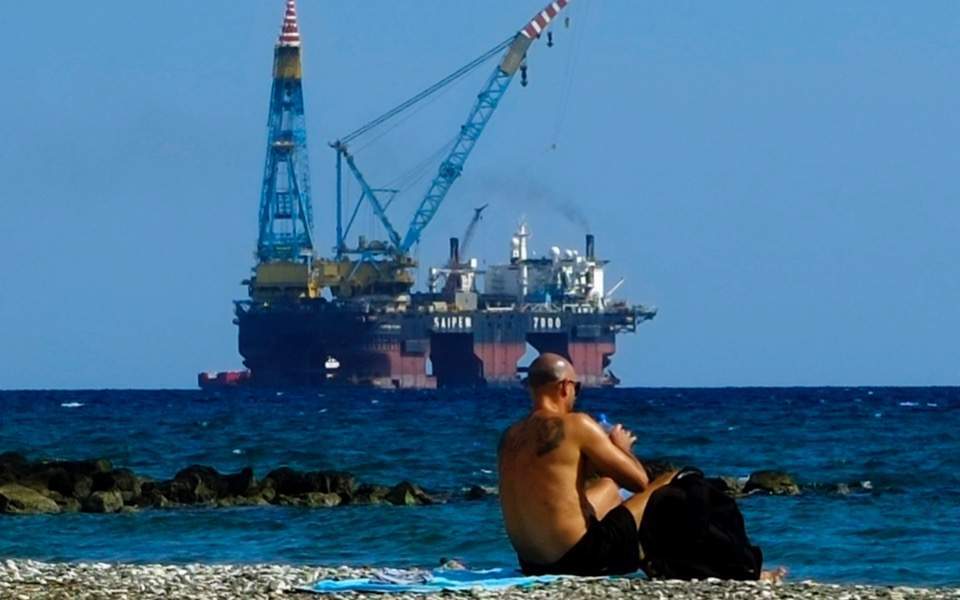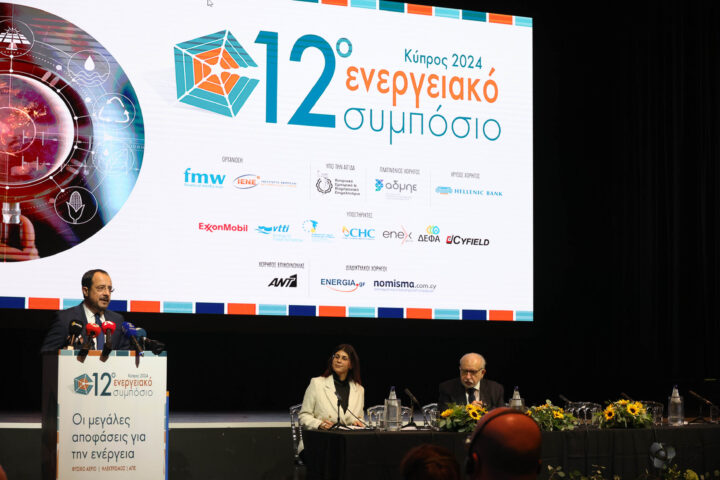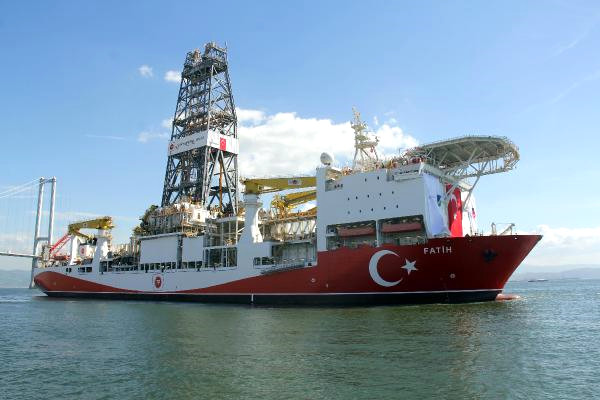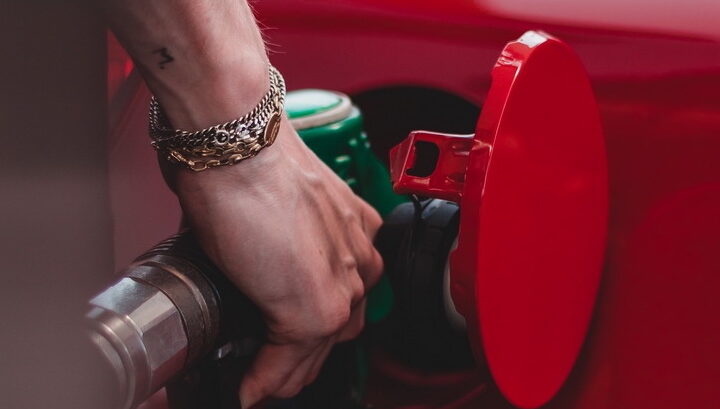ExxonMobil is scheduled to drill an appraisal well at its Glaucus gas discovery in Block 10 by the end of this month or early December at the latest.
In February 2019, ExxonMobil and partner Qatar Petroleum (now QatarEnergy) announced a discovery following the drilling of the Glafcos-1 well, with an estimated 5-8 tcf of natural gas (142-227 bcm).
The appraisal drilling will bring a clearer picture of the reservoir’s resource potential.
Though it is still early to talk about monetization, Cypriot Energy Minister Natasa Pilides said that transferring the gas by pipeline to Egypt’s LNG plants is currently the “most likely option”.
After a halt, the resumption of offshore activity in Cyprus is already being met with Turkish and Turkish Cypriot opposition.
The halt was largely due to the impact of the Covid-19 pandemic on exploration budgets, but it also served to wind down the tensions that flared during the 2018-2020 period.
Since none of the root causes of the crisis has been addressed, the resumption of offshore activity in Cyprus will stir up tensions again and could potentially lead to direct confrontations.
In early October, Nautical Geo, a vessel carrying out research for the EastMed pipeline project in an area between Cyprus and the Greek island of Crete, was sent away by the Turkish navy for violating what Ankara perceives as its continental shelf.
Later in the month, the ‘foreign ministry’ of the breakaway Turkish Cypriots released a statement strongly opposing the vessel’s planned activities south of the island in an area which, it says, overlaps with its licensed blocks.
Exxon’s drilling program in Block 10, which could include exploratory drilling in 2022, will be conducted in an area neither claimed by Turkey nor licensed by the Turkish Cypriots.
While it will be strongly denounced by the two sides (and could lead to countermeasures elsewhere), the likelihood of a direct confrontation threatening the operations of the US-Qatari consortium is not particularly high.
However, their reaction might not entirely indicate how they would react to drillings elsewhere in the Cypriot EEZ.
In the first half of 2022, ENI and Total are expected to drill in their licensed blocks, including an appraisal well at ENI’s Calypso discovery in Block 6.
The companies have yet to provide a more precise timeframe.
The February 2018 incident, when the Turkish navy prevented an ENI-leased drillship from reaching its drilling target in Block 3, is still on everybody’s mind.
ENI’s drilling program in Cyprus has been on hold since then.
Cyprus is not in a position to deter Turkey from carrying out provocative actions in its EEZ.
While looking to boost its own capabilities, Nicosia bets on multilateralism.
On November 11, the Council of the EU adopted a decision extending the sanctions regime against unauthorized drilling activities in the Eastern Mediterranean for one year, until November 12, 2022.
The framework allows the EU to impose targeted sanctions on persons or entities carrying out unauthorized drilling activities in the Eastern Mediterranean.
Two individuals have been placed on the sanctions list since the framework was adopted in 2019.
Multilateral training exercises designed to boost capabilities and foster regional cooperation are another aspect of this approach.
On November 3, Cyprus organized the 8th edition of NEMESIS, a multinational exercise involving aeronautical units and personnel from Cyprus, Egypt, Greece, France, Israel, Italy, the United Kingdom, and the US.
The exercise was meant to develop safety and security procedures and boost Cyprus’ ability to respond to emergency situations.
It was conducted off the southern Cypriot coast, in areas licensed to ENI and Total, to affirm Cyprus’ sovereign rights in this space, where the Turkish Cypriots have awarded exploratory rights to Turkey’s state-owned energy company Turkish Petroleum Company (TPAO).
Middle East Strategic Perspectives publish the East Med Energy Report in collaboration with Obeid & Medawar Law Firm










